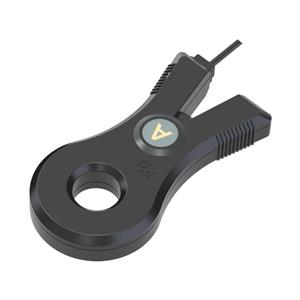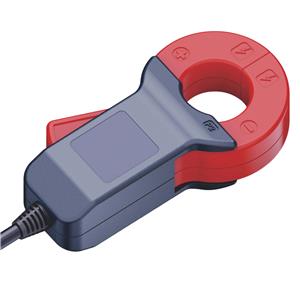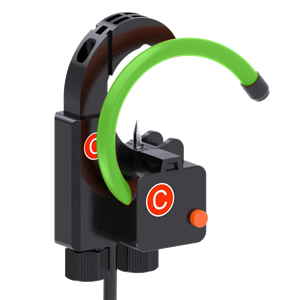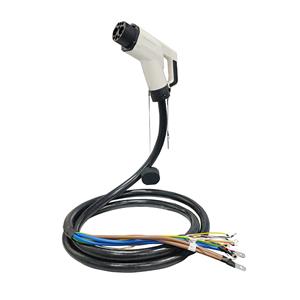-
3008-2023
Understanding Inductance and Inductors
In the realm of electrical engineering, understanding the concepts of inductance and inductors is crucial. This article aims to provide a comprehensive explanation of these concepts, utilizing the knowledge base of a university professor.
-
2004-2024
Understanding the Impact of Frequency on Iron Core Inductors
Iron core inductors are vital components in electronic circuits, with their behavior influenced by various factors, including frequency. Examining the influence of frequency on the behavior of iron core inductors is essential for understanding their performance in different applications and frequency ranges.
-
1907-2023
Exploring the Applications of Ferrite Core Inductors
Welcome to today's technical article, where we will explore the versatile applications of ferrite core inductors. As a professor at Stanford University specializing in electrical engineering, I am excited to share insights into the diverse fields that benefit from the utilization of ferrite core inductors.
-
1812-2021
What types of chip inductors can be divided into
Chip inductors can be divided into low-power inductors and high-power inductors. Chip inductors, low-power inductors are mainly used in frequency selective circuits and oscillating circuits; high-power inductors are mainly used in dc/dc converters, used as energy storage components or lc filtering. There are three types of low-power inductors: wire-wound, multilayer, and high-frequency; high-power inductors are all wire-wound.
-
2011-2021
How does the winding direction of high-power inductors affect the inductance?
A mark (mark) that can distinguish the directionality is often attached to the wire-wound inductor. If the structure of high-power inductors is not completely symmetrical, high-current chip inductor manufacturers will produce characteristic differences in the packaging direction. Therefore, in order to make the product give full play to its due characteristics during use, the product is often marked with a mark to indicate its directionality.
-
0611-2021
The difference between wire wound inductors and multilayer inductors
The wire-wound chip inductor is based on the traditional wire-wound inductor production process, which transforms the plug-in inductor into a chip package, which reduces the volume of the inductor and is more convenient to use.




